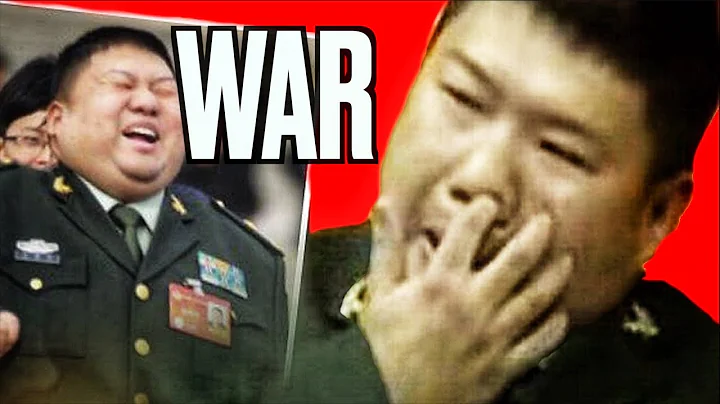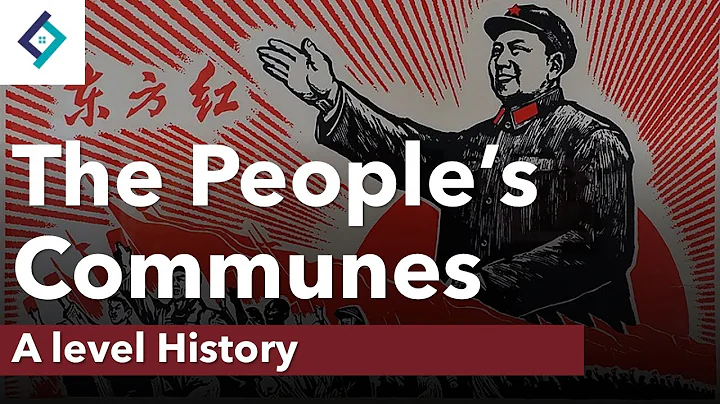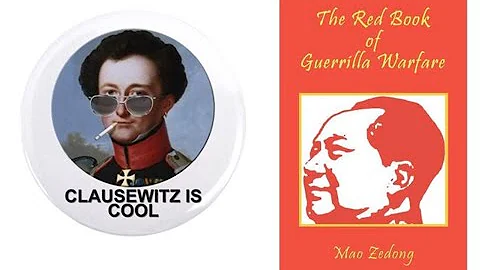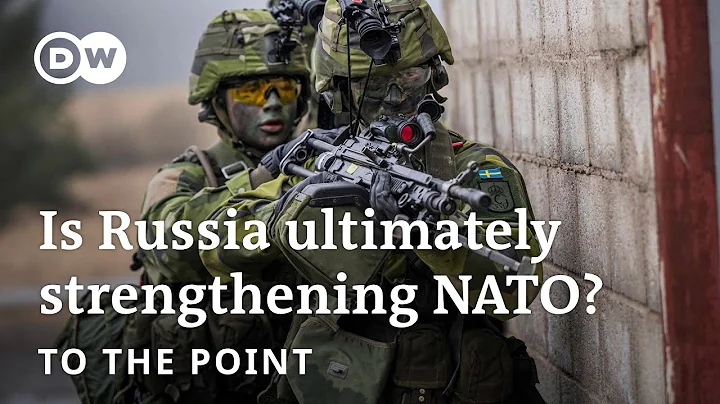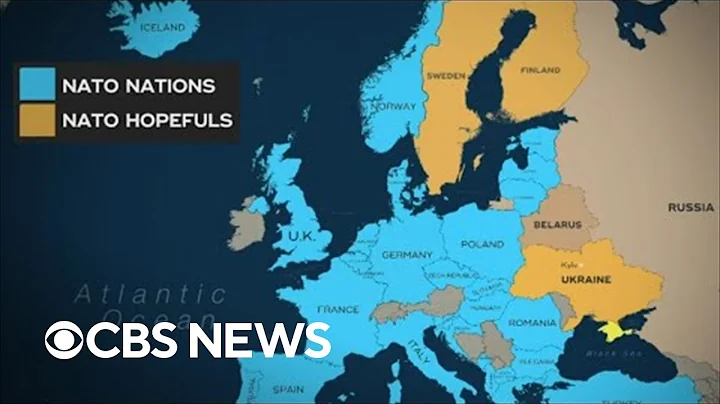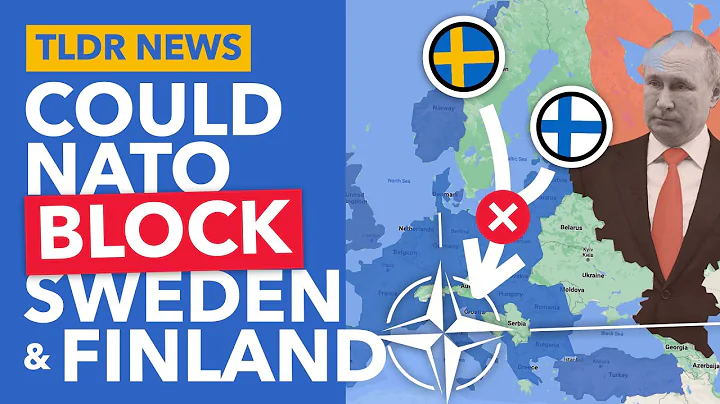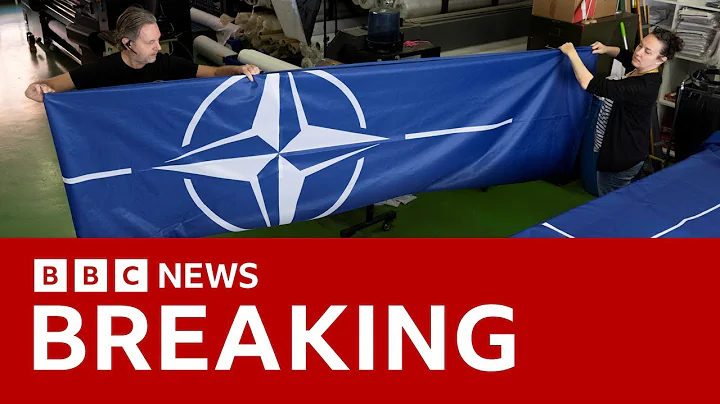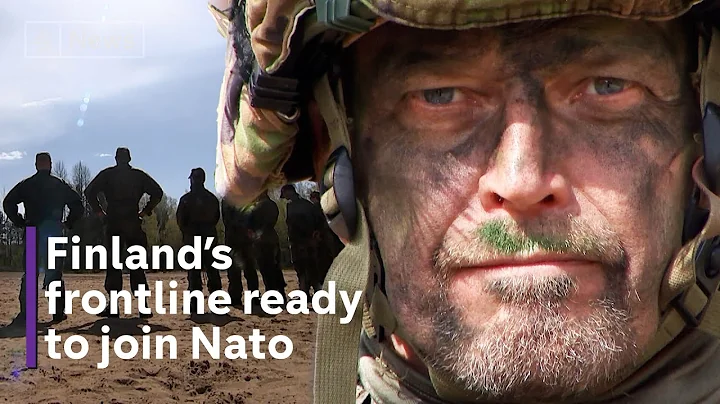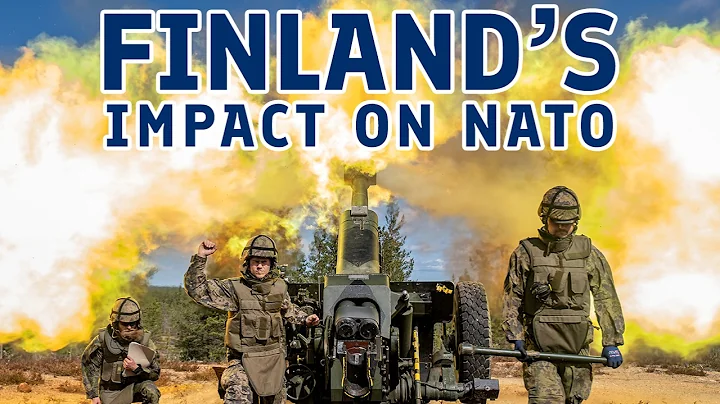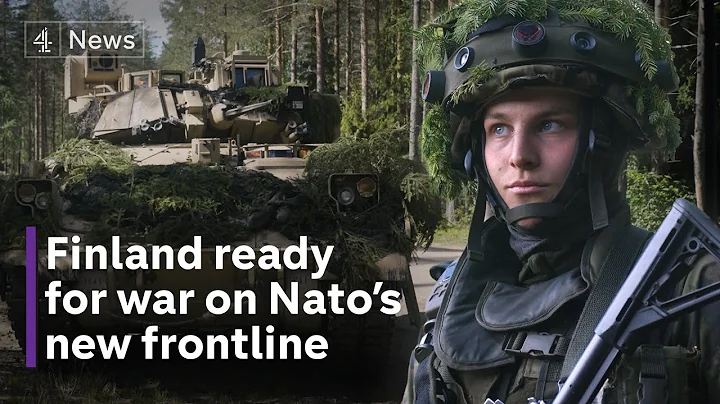Chairman Mao has always liked to brainstorm ideas and would often adopt other people's good suggestions. But in terms of military affairs, basically once Chairman Mao has formulated a general strategy, no one will raise objections; history has also proved that the strategy formulated by Chairman Mao is correct.

But there are exceptions to everything. General Su Yu, who commanded the Huaihai Campaign and achieved a complete victory, once contradicted Chairman Mao three times. He rejected Chairman Mao's strategic arrangements and put forward strategic ideas that he thought were better.
The situation at that time was "everyone is loyal and one is arrogant." If other generals objected, Chairman Mao would not care too much. After all, the other general might not understand his strategic intentions. But who is Su Yu? He must have understood his strategic intentions and figured out the pros and cons of such an approach before he raised objections.
In 1948, just a few days after the gunfire on Pinghan Road stopped, the main force of the East China Field Army commanded by Su Yu began to rest and reorganize.
In order to cooperate and assist the actions of Liu and Deng's army, Huaye was ordered to come from Shandong and fight thousands of miles away. He has been fighting on the battlefield of the Central Plains for 3 months and wiped out more than 70,000 Kuomintang troops in total. The Central Plains, take the Central Plains as home."
The result of this battle is actually not that satisfactory, but there is no way to do it. At that time, Chiang Kai-shek devoted all the efforts of the party to "encircle and suppress" the Central Plains. From Xuzhou Gu Zhutong , he will Bai Chongxi and Xi'an's Hu Zongnan mobilized 37 reorganization divisions and 660,000 elite troops to go to the Central Plains region.
In order to ensure that the "Zhongyang Zhongyuan" was foolproof, Chiang Kai-shek and the "think tank" of the Nanjing Ministry of National Defense worked hard: Heze , Shangqiu , Hefei, Nanyang and other 8 appeasement zones were heavily guarded. The dotted line formed by them: Qiu Qingquan, Hu Lian, Sun Yuanliang and others commanded 6 mobile corps and 4 rapid columns to rush to support operations among these 8 areas.
This can be said to be a luxurious lineup with strong troops and horses. They are all elite aces with advanced equipment, sufficient ammunition, complete supplies, well-trained, and battle-hardened. They are either Chiang Kai-shek's ace of the Central Army or Bai Chongxi's veteran of the Guangxi clique.

Confronting them were Liu Deng's Shanxi-Hebei-Luyu Field Army and Chen Su's East China Field Army. Among them, Liu Bocheng and Deng Xiaoping commanded the main force of the Shanxi-Hebei-Luyu Field Army; Chen Geng and Xie Fuzhi commanded the rest of the Shanxi-Hebei-Luyu Field Army.
These three armies are in a tripartite posture, fighting independently but also responding to each other tacitly. The layout of
seems good, but the actual effect is not very satisfactory. At best, it can only fight a small and medium-scale annihilation battle. Sometimes if you are unlucky, you will be caught by the Kuomintang army, a highly mobile corps, and you will have to spit out the meat that you almost swallowed.
When Su Yu recalled it in his later years, he couldn't help but say: "Due to the long-term continuous marching and fighting without rear support, the situation was quite difficult."
At that time, the People's Liberation Army was distributed in a pin shape, and Liu and Deng were at the forefront. The group has been trapped in the Dabie Mountains for a long time. It is in a difficult situation, has low morale, and cannot take large-scale actions.
In order to relieve Liu and Deng's crisis, Chairman Mao repeatedly ordered the Su Yu and Chen Geng armies to take the initiative and try to mobilize the Kuomintang troops in the Dabie Mountains so that Liu and Deng's armies could find an opportunity to escape from this quagmire.
This did not bring much improvement to the situation of Liu and Deng's army, and the fundamental problem was still not solved.
Chairman Mao judged: "The Central Plains base areas cannot be consolidated without annihilating dozens of enemy brigades."
But if we cannot carry out a large-scale annihilation war with guaranteed victory, how can we annihilate dozens of enemy brigades? As a result, the Kuomintang and the Communist Party began a tug-of-war in the Central Plains, and the war situation in the Central Plains fell into a stalemate.

As soon as he entered the Central Plains, Su Yu noticed this deadlock and thought about how to break it. As a result, a bold idea came to Su Yu's mind: "Only by highly concentrating our forces and launching a larger-scale annihilation war can we annihilate the main force of the enemy one by one and change the situation between the Kuomintang and the Communist Party in the Central Plains as quickly as possible."
Su Yu means to concentrate on the Central Plains battlefield and use the power of the three field armies (or corps) of Liu Deng, Chen Su, and Chen Sha to directly destroy Chiang Kai-shek's proud mobile corps.
Once this is achieved, The People's Liberation Army will be able to quickly win the battlefield in the Central Plains; the national situation will also change rapidly, and the War of Liberation will be won soon.
On January 22, 1948, Su Yu will publish a month and a half "Opinions on Army Building for Future Operations". The manuscript was solemnly sent to the Central Military Commission.
This is the famous "Zi Yang Telegram" in the history of modern war: the telegraph time is represented by the earthly branches and the rhyme is represented by the day.
Su Yu's military wisdom is condensed in this. Suspected of "taking over military power", he proactively proposed in the telegram to "ask Liu and Deng to unified command the three armies."
However, Chairman Mao, who was also worried about the situation in the Central Plains, proposed a different idea to break the deadlock: deploy troops from the Central Plains region. Part of the main force of the People's Liberation Army crossed the Yangtze River and went south, forcing some of Chiang Kai-shek's main forces in the Central Plains to return to the rescue, or to encircle Wei and save Zhao.

A few days ago, Chairman Mao sent the telegram from Su Yu. It was proposed at the Central Committee meeting and approved by Zhou Enlai, Ren Bishi, Peng Dehuai, He Long and others, and
10 days after the decision was made, Chen Yi rushed to northern Shaanxi, and Chairman Mao asked him for his opinion. Expressing his approval for the leap into Jiangnan, Huaye could adjust the use of troops in three columns.
Immediately, Chairman Mao officially decided that Huaye would mainly implement the leap into Jiangnan strategy. Su Yu would serve as the commander and vanguard of this leap. At that time, in order to ensure the smooth progress of the southward march, Chairman Mao also set up two special agencies: the Southeast Branch of the Central Committee of the Communist Party of China and the Southeast Field Army.
Chairman Mao wrote the arrangements in his own hand and asked Chen Yi to take them back and hand them over to Su Yu for execution. , Chairman Mao had high hopes for Su Yu and regarded him as the key general to break the situation.
Just when Su Yu received the order and was about to leap into Jiangnan, Su Yu's counter-insurgent "Zi Yangdian" arrived. This surprised Chairman Mao. The telegram was read repeatedly, marked and commented on word by word. After reading it, guards were arranged to send it to Zhou Enlai, Ren Bishi and Chen Yi to ask for their opinions. They circulated it and read it, and Chairman Mao read it again.
Everyone circulated it. After that, they still expressed their support for Chairman Mao's "Leap Forward" decision.
The next day, Liu Bocheng and Deng Xiaoping sent a "letter for help", hoping to transfer Hu Lian's reorganized 11th Division to give Liu and Deng's army a breather. Chairman Mao once again made up his mind to "cross the Yangtze River and march southward".

That afternoon, Chairman Mao formally telegraphed Su Yu and ordered him to lead three columns of Huaye to march south.
The military orders were overwhelming, and Su Yu seemed to have no choice but to obey them; but three days after the military orders were sent, Su Yu sent Chairman Mao a detailed plan for the southward advance, interspersed with his own views and suggestions in "Zi Yang Dian", I hope Chairman Mao agrees.
Chairman Mao now fully understood what Su Yu meant, and left Chen Yi, who was about to return to the Huaye Headquarters, to hold a military meeting to discuss, but everyone still believed that "leap into Jiangnan is more effective."
html On February 1, Chairman Mao called Su Yu back, saying that he could adopt some of his "sub-nurturing power" tactics, and asked Su Yu to explain in detail how to fight "sudden gathering and sudden division".The next day, Su Yu reported three specific combat plans. Zhang Zhen, then deputy chief of staff of Huaye, recalled: "During that time, he often took the calls from the Central Military Commission, read them carefully, pondered them, and fell into deep thought."
Su Yu proposed that when Huaye's three columns went south, it was expected that there would be 5 soldiers. Attrition of about 10,000 people; if fighting in the Central Plains, every 10,000 attrition can eliminate at least one enemy reorganized division - 24,000 people; crossing the Yangtze River south and fighting behind enemy lines will not be able to achieve much results in a short period of time. , the gain outweighs the loss.
html On April 18, Su Yu sent another telegram, requesting to concentrate troops in the Central Plains to continue a large-scale annihilation war, and listed in detail five disadvantages of the southward advance.
After Chairman Mao read the telegram, he couldn't help but doubt whether his decision was the best plan. After all, it was so rare for Su Yu, who had achieved many miracles in war, to be stubborn.
But this matter was of great importance. Chairman Mao ordered Su Yu and Chen Yi to immediately go to the central station - south of Fuping City, Henan Province for interviews. This was the first meeting between Su Yu and Chairman Mao after 17 years.
After Su Yu’s detailed statement in person, Chairman Mao decided to abandon his idea and proceed in accordance with Su Yu’s "Great Annihilation War".
However, Chairman Mao asked Su Yu to issue an "almost impossible" military order:
Goals: 1. Annihilate the 5th Army, one of Chiang Kai-shek's five main forces;
2. Annihilate Chiang Kai-shek's 56 to 112 regular brigades ( A brigade is equivalent to a division before reorganization, with about 8,000 men. The eleven and twelve brigades have about 100,000 people, and the number of Fifth Army can be included; 8 months
Litigation person (responsible person): Su Yu
Su Yu did not hesitate and agreed decisively, and Chairman Mao also gave Su Yu full and unified command authority, allowing Su Yu to perform freely and to the best of his abilities. The sky is high and the birds can fly. It was Su Yu who was recognized and empowered by Chairman Mao. After
, East Henan Campaign , Jinan Campaign , Huaihai Campaign, etc. According to the expectations in Su Yu's telegram, only the name of the battle and the specific content were changed. After all, the situation between the Kuomintang and the Communist Party and the war situation have been changing.

Su Yu's three "confession with each other" seemed to some people. Come on, that's "extremely stupid"; if he doesn't sing a different tune and honestly respects the Military Commission's deployment, even if he fails, it won't be his main problem. The higher ups will bear the main responsibility.
If he sings a negative tune, once it is adopted by the Military Commission, Su Yu alone will have to do it. Take all responsibility, regardless of victory or defeat.
Many people think that this is a thankless task. The older you are, the more social experience you have, and the higher your position, the more you think so.

However, Su Yu doesn’t think so. , this is a great and heroic revolutionary cause, how can we "blindly follow the crowd", if we have better ideas, we should put them forward! Fortunately, our leader is Mao Zedong, not Chiang Kai-shek, who does not understand military affairs and likes micro-management.
Those who do great things have no regrets
.


